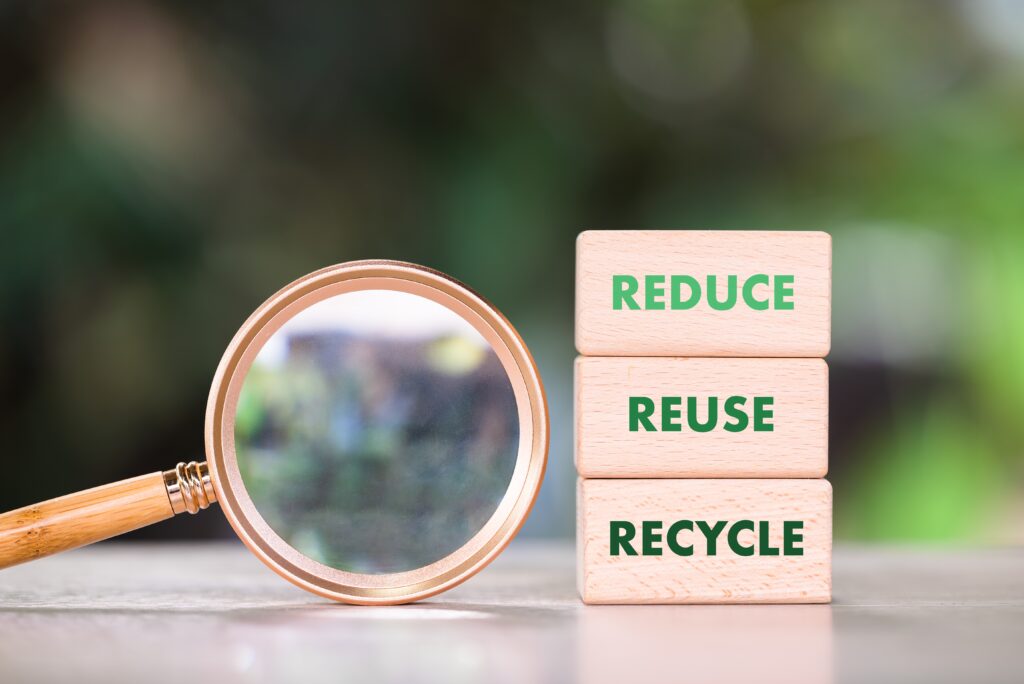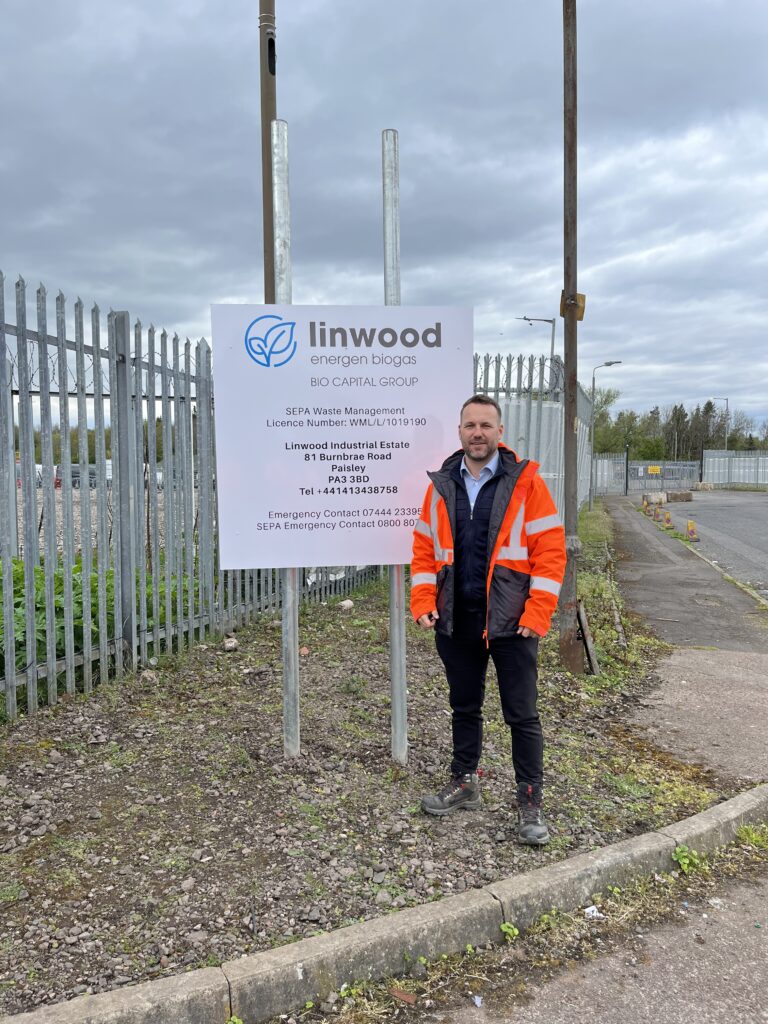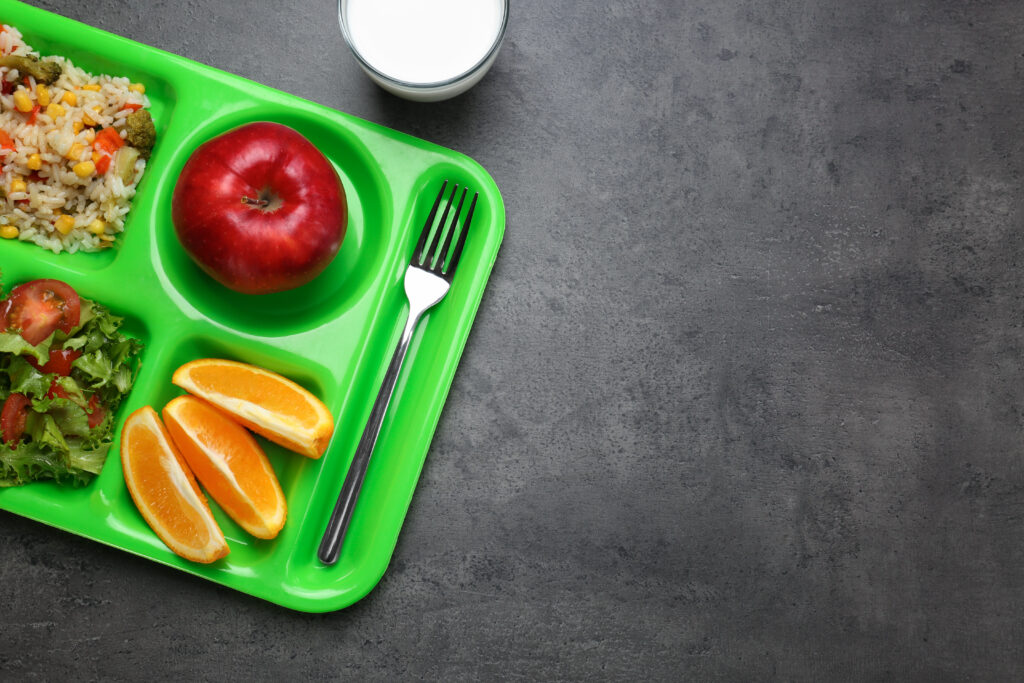The charity reports that consumers are confused about the best methods to reduce their environmental impact, defaulting to recycling rather than reducing and re-using their waste.
To combat this confusion, the charity has stated it will be launching a new research project into how communicate waste prevention methods through the waste hierarchy to the general public.
The charity aims to develop a consumer-faced version of the waste hierarchy that is easily understood by the public and will include a report alongside a guide on how to better communicate waste prevention which it aims to publish in 2024.
Keep Britain Tidy’s chief executive, Allison Ogden Newton OBE, said: “This lack of knowledge is a significant and overlooked barrier to the take-up of waste prevention behaviours, which needs to be studied, considered, and addressed urgently.
“We urgently need the widespread adoption of waste prevention behaviours, and we are committed to working closely with all stakeholders to find solutions on communicating them effectively to the public, which is why our new research project is critical.”
Report
The outcome of the research will be aimed at policymakers and behaviour change practitioners in the waste and consumption arena. It will include a report alongside a simple guide for stakeholders to better communicate waste prevention to the public
The project is funded by People’s Postcode Lottery. It will see Keep Britain Tidy working with four other key organisations in the waste prevention area – Suez, CIWM, Greater Manchester Combined Authority and Merseyside Recycling and Waste Authority. The aim is “to collaborate to educate and motivate people to move beyond recycling and make choices that reduce the environmental impact of what they purchase in the first place”.
Recycling
Previous research from the charity showed 55% of people agreed that when given visual representation and explanations of the waste hierarchy, it gave them a better understanding of how waste should be managed to minimise the environmental impact.
Dr Adam Read, chief sustainability and external affairs officer for SUEZ recycling and recovery UK, said: “Our consumption behaviours have a significant detrimental impact on our environment, in the UK consumers buy more new clothes than any other European country and throw away over one million tonnes per year.”
“It’s not about banning the things we love; it’s about realising the opportunities to extend the life of our stuff and reduce the consumption of items we don’t need. Collective effort is required to empower the public to understand and adopt waste prevention behaviours.”












Subscribe for free